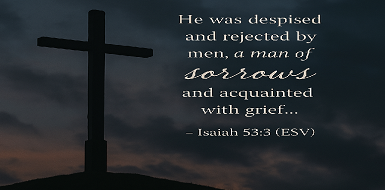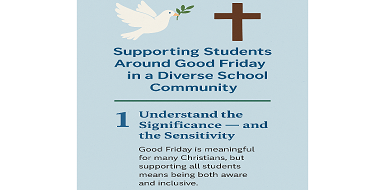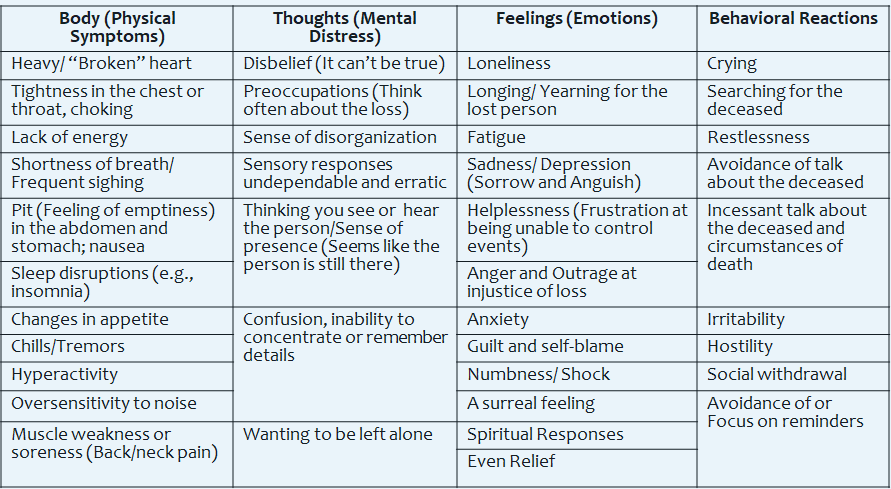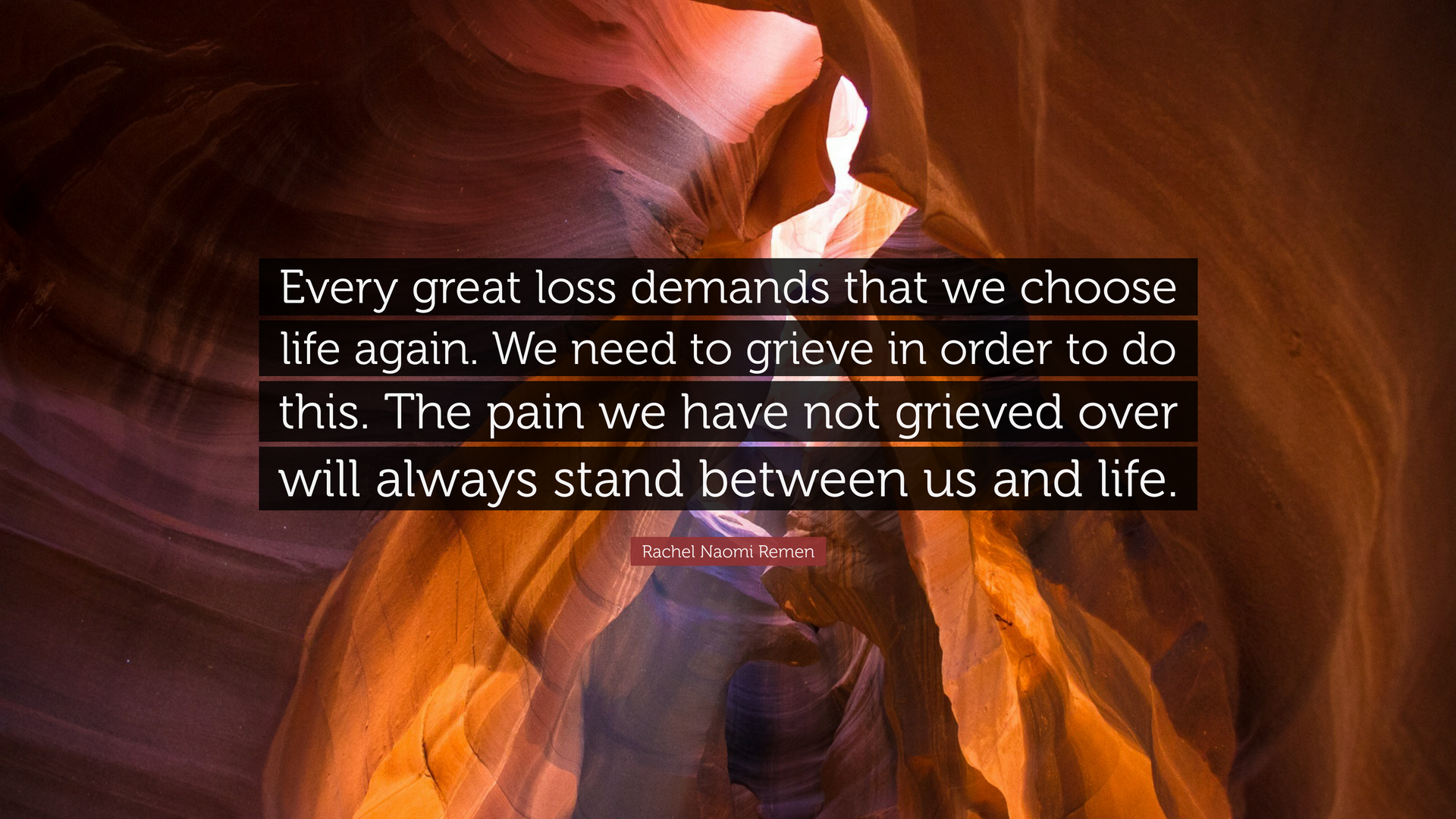How to Respond When Someone Says "You Are So Strong"
Giving Grace Even If Through Gritted Teeth

As I've walked this path, I've noticed that people usually search for words that will offer comfort or support. (Notice that I didn't say often or sometimes. It's usually, because grief is uncomfortable.) One common phrase people I hear way too often is, "You are so strong." While I know that this statement is almost always well-intentioned, it felt hollow and dismissive when I was in intense pain at the very beginning. As I've grown throughout my journey, I've discovered how to respond or how to process what is really being said. I want to pass that along to you.
Let’s explore why "You are so strong" might feel uncomfortable to hear and what you could say in response.
Why "You Are So Strong" Can Feel Difficult
Grieving is one of the most emotionally draining and vulnerable experiences anyone can face. When someone says, “You are so strong,” it can unintentionally place a burden of expectation on the grieving person to maintain composure, to continue being "strong," or to somehow push through the pain without faltering. But the reality of grief is that it doesn’t feel like strength. Grief feels like surviving, barely holding on, or simply getting through the day without breaking down.
Here are a few reasons why this statement can feel difficult:
1. It Can Minimize the Pain
When someone says, "You are so strong," it might feel as though they are brushing past the depth of your pain. Grieving doesn’t feel like strength—it feels like chaos, like emotional upheaval, and like intense vulnerability. Hearing this phrase can sometimes make you feel as though your pain is being overlooked, and that the focus is on how well you appear to be handling it rather than on what you're truly going through.
2. It Can Create Unspoken Expectations
Being called "strong" can create a sense of pressure to continue appearing composed and resilient, even when you don’t feel that way. You might feel like you have to live up to that label, suppressing your real emotions because you’ve been told you’re “so strong.” This can lead to feelings of isolation, as if you're not allowed to show your grief openly.
3. It Ignores the Complexity of Grief
Grief is messy. It involves tears, anger, numbness, and every emotion in between. Being told you are strong can sometimes feel like it oversimplifies the incredibly complex emotions you're navigating. It focuses on just one aspect of grief, when in reality, grief is a multi-layered experience that requires acknowledgment of both strength and vulnerability.
How to Respond When Someone Says "You Are So Strong"
If someone says this to you, you might feel unsure about how to respond. It’s okay to feel conflicted; you might appreciate their intention, but at the same time feel like the statement doesn’t align with what you’re experiencing. Here are a few ways you could respond:
1. Acknowledge Their Intent, Share Your Truth
Sometimes people say "You are so strong" because they don’t know what else to say. They want to offer support, and they likely believe that acknowledging your resilience is a form of encouragement. You can respond by acknowledging their intention while also being honest about how you're feeling.
- “I appreciate that, but I don’t feel strong right now. I’m just taking things one day at a time.”
- “Thank you, but it doesn’t feel like strength. I’m just doing my best to get through this.”
This kind of response allows you to accept their kindness without having to accept the label of “strength” if it doesn’t feel right to you.
2. Redirect the Conversation to How You're Really Feeling
If “You are so strong” doesn’t resonate with you, it can be helpful to steer the conversation toward how you’re actually feeling. Sometimes, people need a gentle nudge to move past surface-level comments and engage in a deeper conversation about your grief.
- “I don’t feel particularly strong. This has been one of the hardest things I’ve ever gone through.”
- “I’m trying, but it’s incredibly tough. Some days, I don’t even know how to keep going.”
Sharing your real emotions can open the door for more meaningful conversation, allowing the person to understand that while you may seem strong, you’re also struggling—and that’s okay.
3. Be Honest About the Burden of Strength
If being called "strong" feels like it’s adding pressure or creating an unrealistic expectation, it’s okay to express that. You don’t have to carry the weight of someone else’s perception of you.
- “I know people see me as strong, but I don’t want to feel like I have to hold it all together all the time.”
- “I’m doing my best, but it’s hard to always be ‘strong.’ Some days I just need to let myself grieve.”
Being open about how the label of strength can feel like an extra burden may help the other person realize that what you need isn’t recognition of your resilience but support in your vulnerability.
4. It’s Okay to Say Nothing
If you’re too tired or overwhelmed to explain how you feel, it’s also okay to simply acknowledge the comment and move on. Grief is exhausting, and sometimes you may not have the energy to go into detail or educate someone about how their words affect you.
A simple “Thank you” or “I’m doing the best I can” can suffice when you don’t feel like engaging deeply. It’s not your responsibility to always clarify how you feel, especially when grief is taking so much out of you.
Offering Alternatives to "You Are So Strong"
If you’re on the other side and want to offer support to someone who is grieving, consider offering words that acknowledge the complexity of grief, rather than focusing on strength. Here are some alternatives that may feel more validating:
- “I can’t imagine how hard this must be for you, but I’m here for you.”
- “It’s okay to not be okay right now. Let me know if you need anything.”
- “You’re going through so much. I’m here to listen whenever you need.”
- “It’s okay to feel however you’re feeling.”
These phrases emphasize your presence and understanding, without placing expectations on the person to be strong or “get through” their grief in a certain way.
Conclusion: It’s Okay Not to Be Strong All the Time
Grief isn’t a measure of strength; it’s a reflection of the love and loss you’re carrying. While people may call you strong, it’s okay if you don’t feel that way. Grief is complicated and emotional, and there is no one right way to go through it.
Responding to someone who says, “You are so strong,” doesn’t have to be about correcting them but about expressing how you really feel. Whether you choose to engage deeply or just acknowledge the comment, remember that your grief doesn’t have to meet anyone’s expectations—not even your own.
Strength in grief can look different for everyone, and sometimes true strength lies in allowing yourself to feel vulnerable, to cry, and to lean on others for support.
I am a school counselor turned counselor educator, professor, and author helping educators and parents to build social, emotional, and academic growth in ALL kids! The school counseling blog delivers both advocacy as well as strategies to help you deliver your best school counseling program.

I'm a mother, grandmother, professor, author, and wife (I'll always be his). Until October 20, 2020, I lived with my husband, Robert (Bob) Rose, in Louisville, Ky. On that awful day of October 20,2020, my life profoundly changed, when this amazing man went on to Heaven. After Bob moved to Heaven, I embraced my love of writing as an outlet for grief. Hence, the Grief Blog is my attempt to share what I learned as a Counselor in education with what I am learning through this experience of walking this earth without him. My mission is to help those in grief move forward to see joy beyond this most painful time.










